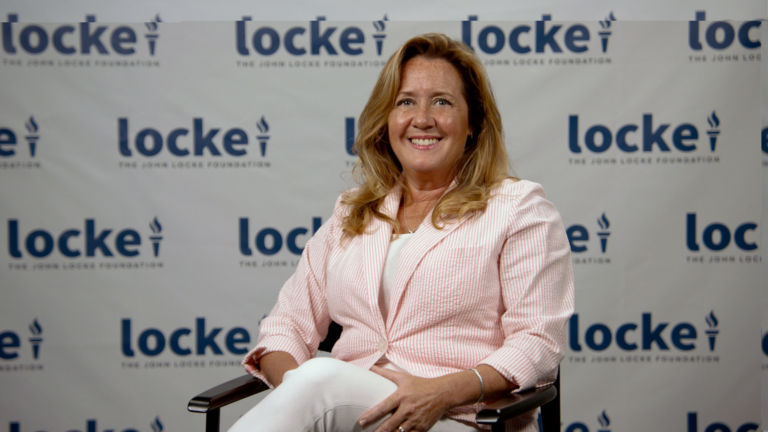Employers are looking for new ways to control the costs of providing health insurance to their employees. Most Americans get health insurance through their employer. This means the amount that employers spend on healthcare has a direct relationship with employee wages and out-of-pocket costs. The more it costs an employer to offer health coverage, the more those costs are passed onto the employees. Some companies are taking it upon themselves to find new ways to provide care through less expensive means:
For years, employees’ deductibles have risen rapidly, putting the average amount at $1,350 for a single worker, says the Kaiser Family Foundation. Employers have relied on the high-deductible plans, which force employees to pay more out of their pockets for care, to help rein in the cost of insurance. Even so, employer-provided family coverage this year cost $19,616 on average, and the total is almost certain to pass the $20,000 threshold in 2019.
Now there are signs that some companies are tapping the brakes on deductibles. A survey by the National Business Group on Health this year found that the share of employers planning to offer only high-deductible health plans was set to drop by 9 percentage points next year, to 30%. That came after increases each of the previous six years.
“We’re seeing a really keen interest in moving away from high deductibles and coinsurance,” says Forrest Burke, chief executive of national markets at UnitedHealthcare, the UnitedHealth Group Inc. unit that is the biggest U.S. health insurer. Employers are looking for ways to address the underlying factors that drive up costs, he says.There are a number of strategies in play. Some organizations are bypassing insurers and negotiating deals with hospitals directly. A growing number are offering their own clinics. And some are launching new efforts to change how they pay for drugs, an area that has left many employers frustrated in the past.
The rising cost of healthcare is changing the dynamics of how people receive care. In most cases, it will be large employers who will able to take advantage of directly contracting with hospitals or setting up a clinic in their offices. However, the trend does allude to something bigger. Healthcare costs are steadily rising and have been for the last couple decades. Traditional models of providing care are going to become obsolete due to their high costs. Market processes will guide innovation in healthcare, only if regulators let them.


